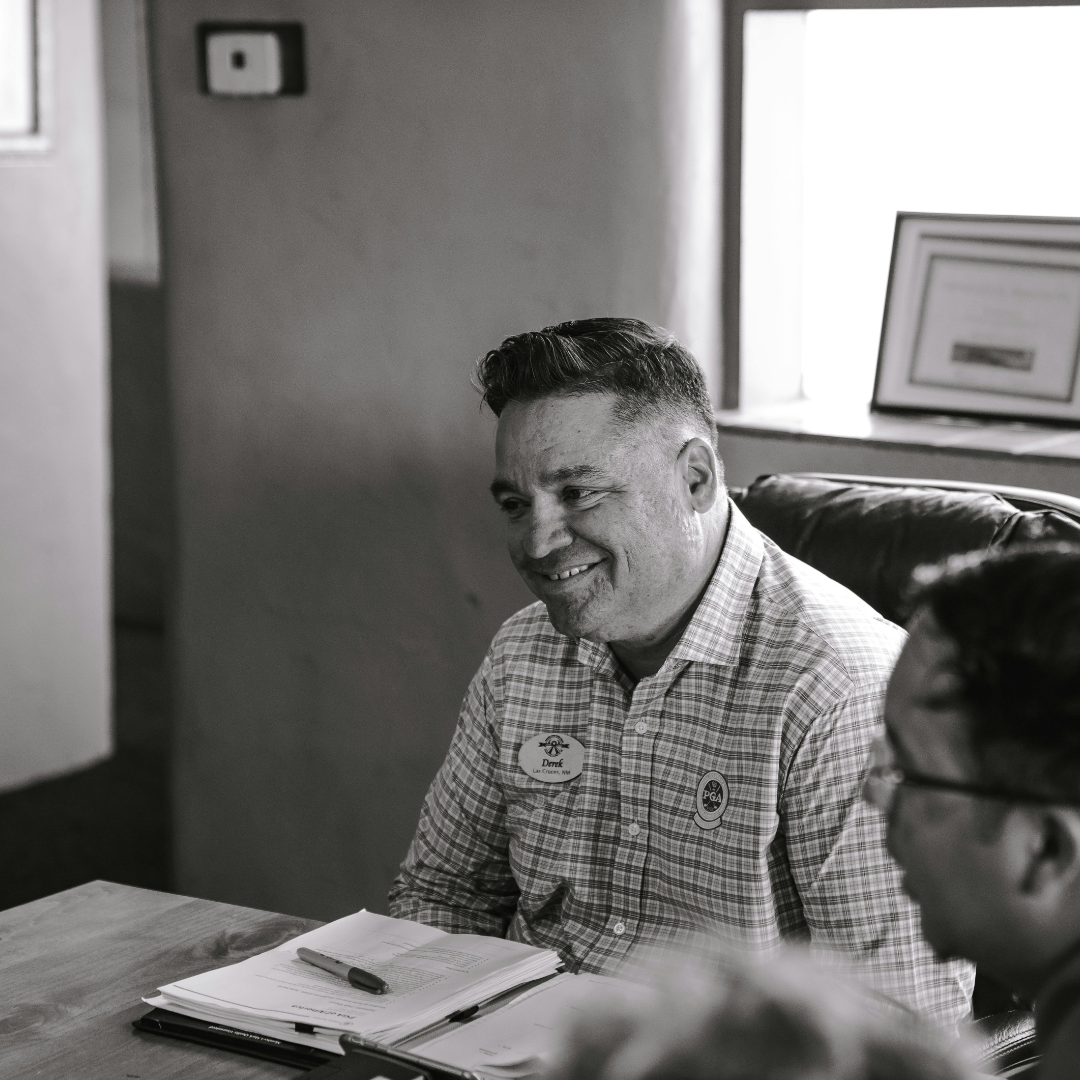The Link Between Verbal Abuse and Addiction

“We can all help prevent suicide. The National Suicide Prevention Lifeline provides 24/7, free and confidential support for people in distress, prevention and crisis resources for you or your loved ones, and best practices for professionals. Call 1-800-273-8255.”
Abuse comes in many forms and sometimes leaves scars we cannot see. Verbal abuse destroys a person’s self-confidence, self-esteem, and self-worth. Threats, rejection, and name-calling are de-humanizing and degrading, and leave the victim feeling alone, isolated, and unworthy. The victim lives in fear of confrontations or arguments. Verbal abuse is a form of emotional abuse and leaves scars that never go away.
A verbally abused person lives with constant self-doubt. The victim constantly wonders what he or she did wrong. In childhood, the victim might be overly shy to avoid conflict or be indecisive when it comes to making decisions later in adulthood. To counteract fear, shame, anger, and other disturbing emotions, the victim might turn to drugs or alcohol to cope. Trauma is often linked to substance abuse and addiction.
In an article on substance abuse for Domestic Shelters (2016), Susan Bernstein, licensed social worker and MA-based therapist who specializes in trauma states, “[some] survivors use drugs or alcohol to dull or numb or block any sort of emotional upheaval that the abuse causes. It becomes their coping mechanism.”
When a person feels hurt and powerless on an emotional level, they are at high risk to use. Verbal abuse can lead to post-traumatic stress disorder (PTSD). According to a study by researchers at the University of Vermont, childhood emotional abuse is linked to opioid abuse in adulthood (2017). Matthew Price, assistant professor in the Department of Psychological Science at the University of Vermont, and the paper’s senior author states, “To protect themselves from strong emotions and from trauma cues that can bring on PTSD symptoms, people with this kind of childhood experience frequently adopt a strategy of avoidance, which can include opioid use.”
Verbal and emotional abuse may have been unavoidable in childhood, but as an adult, you can decide what types of relationships to keep in your life and choose your connections. If you or a loved one is suffering from a mental health condition and addiction, get help now. Treatment is available for a dual diagnosis.
Serenity Springs Recovery Center focuses on rejuvenating men’s holistic spirit for success in addiction recovery. Our unique dual-diagnosis treatment program with a 12-step completion model helps men change their lives inside and out. Our mission is to provide tools and support for every client’s seamless transition into a meaningful and fulfilling life in sobriety. For information, call (386) 423-4540




